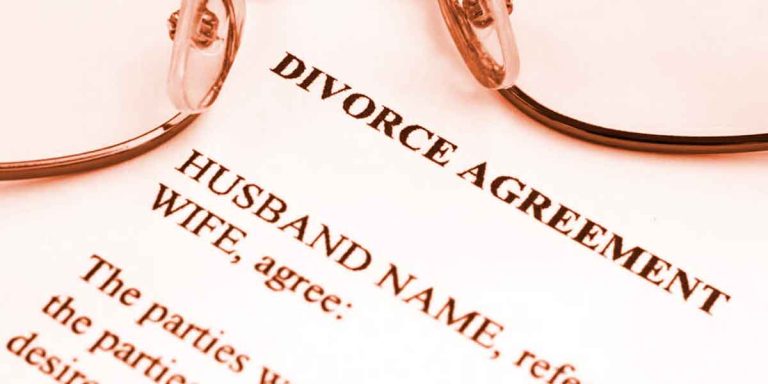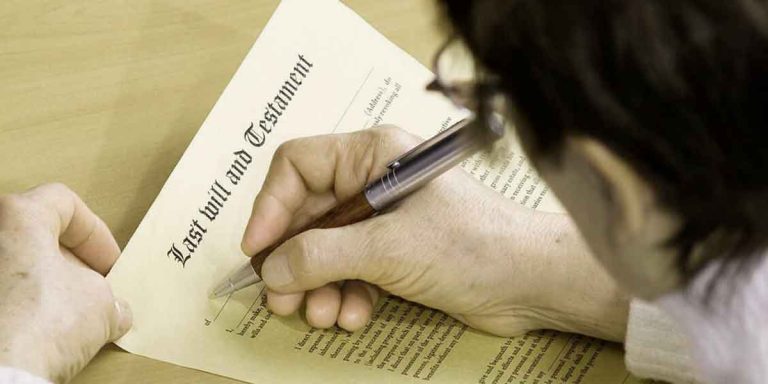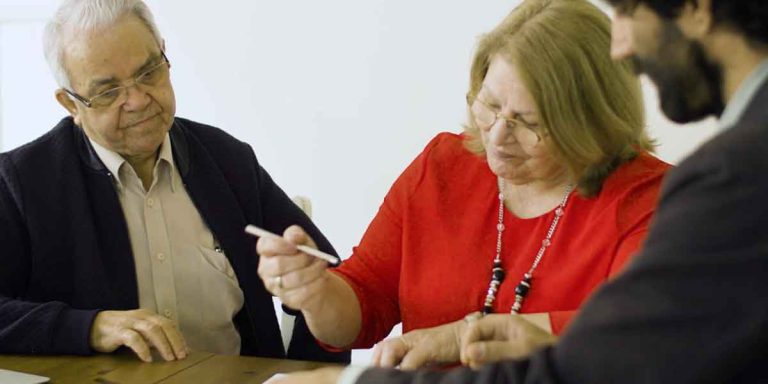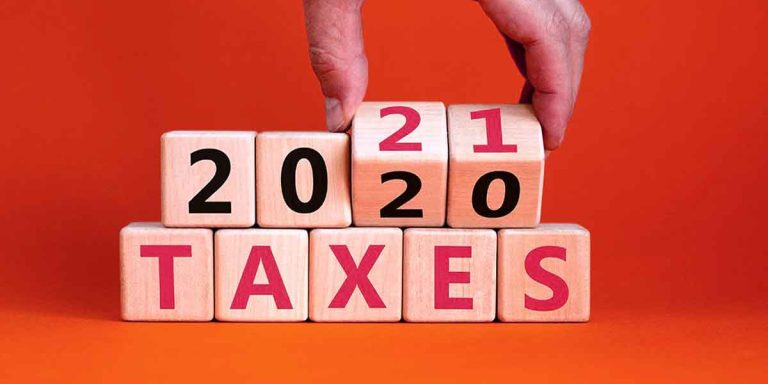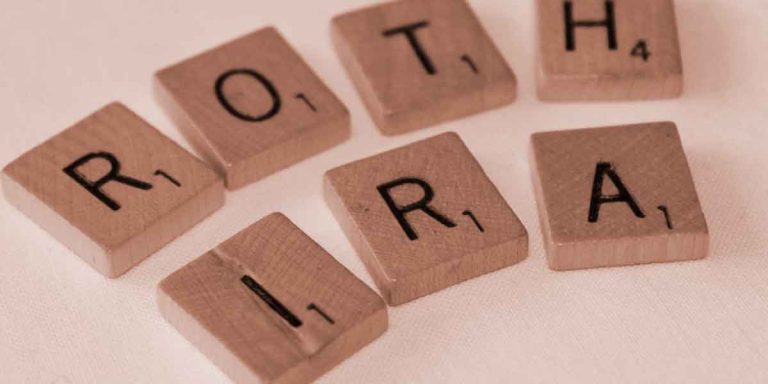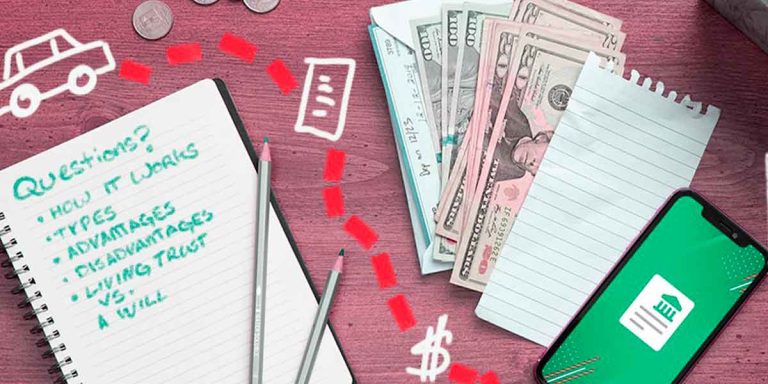A power of attorney (POA) in which you (the principal) appoint an agent (the attorney-in-fact) to act and make decisions on your behalf.
The power of attorney document authorizes the agent over a broad or limited jurisdiction as set out by the principal. They can either be authorized to make financial decisions, health care decisions, both, or even handle the personal and domestic care of the principal as the case may be.
But you may be asking, when does power of attorney take effect after being created?
When a power of attorney takes effect depends on the type of power of attorney in question. There are different types of powers of attorney, each having its own time at which it becomes effective. So to answer the question, let us discuss the different types of powers of attorney.
Types of powers of attorney and when they take effect
· Limited power of attorney (conventional POA)
This type of POA is usually very specific, probably authorizing the agent to act on the principal’s behalf whenever the principal is out of the country or state, or authorizing them to make a particular sale of property.
This kind of POA takes effect when created and stops when the principal becomes mentally incapacitated or terminates the arrangement.
As the principal, you must state exactly what you are authorizing your attorney-in-fact to do.
· Durable POA
This type of power of attorney continues being in effect even when incapacity hits. Like the limited power of attorney, the durable POA takes effect when signed. The agent can carry out their authorization throughout the lifetime of the principal until the principal issues a cancellation of the arrangement. Durable POAs are the most popular because of their ease and cost-effectiveness.
· Springing POA
As the name implies, the springing power of attorney “springs” into effect immediately a particular event occurs, probably incapacitation. A springing POA must be designed with care to prevent difficulties in identifying what exactly is supposed to trigger the document into effect.
· Medical POA
A medical POA is also known as healthcare proxy or durable power of attorney for healthcare. It is both a springing POA and a durable POA by the fact that it takes effect when a specific even occurs, such as incapacitation, and will last throughout the principal’s lifetime so long they remain incapacitated (which is likely if they have become old and developed a deteriorating mental illness like dementia). Some medical powers of attorney are designed to terminate the moment the principal recovers from the incapacity.
Why should you create a power of attorney?
A power of attorney is a fundamental document to include in your estate plan. The reason is because it gives you the opportunity to have someone manage your affairs in the event you are unable to do so yourself, ensuring your financial and personal affairs are in good hands always.
For example, you may become incapacitated in the future due to Alzheimer’s or some other critical illness. Who handles your business in your stead? How are you sure there will be someone running things and making decisions just as you would have done?
By creating a power of attorney, you remove the conflict of opinions which may occur within your family in such situations. They wouldn’t have to argue about what should be done. There would be an agent who makes the call.
What happens if you don’t have a power of attorney
Powers of attorney can be the instrument that protects your best interests, your healthcare, finances, and even the way you die. If you do not have one and you become incapacitated, your family may be thrown into confusion about what to do, and they may have to go through the costly and time consuming process of guardianship.
Note that someone even as you close to you as your spouse cannot take legal or financial actions regarding any property held in only your name. A power of attorney can grant that opportunity to sell or invest.
Additionally, if you do not have a power of attorney before becoming incapacitated, your family members can’t create one for you. Principals have to set up their own powers of attorney when they have the legal capacity to do so. So without a POA, the court will have to appoint a guardian or conservator over you in the event you become incapacitated. This process is lengthy and costly.
Professional help with drafting your power of attorney NY Queens
Need help with drafting your power of attorney or determining which to create? Our estate planning attorneys NY Queens are ready to assist you. We ensure your documents are state compliant and works to your best interests.
Contact us.





